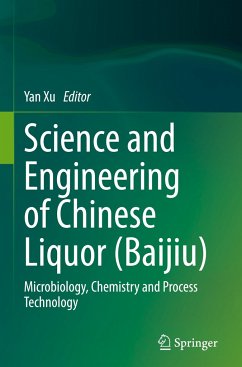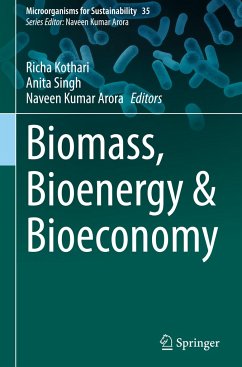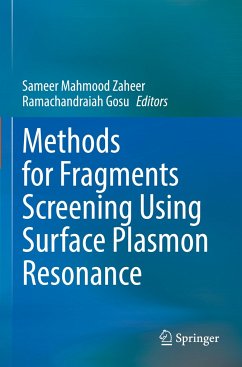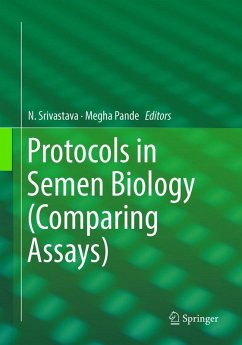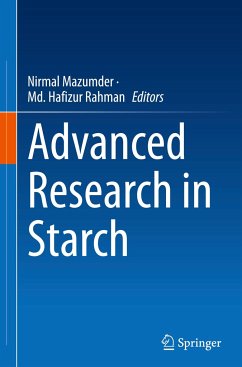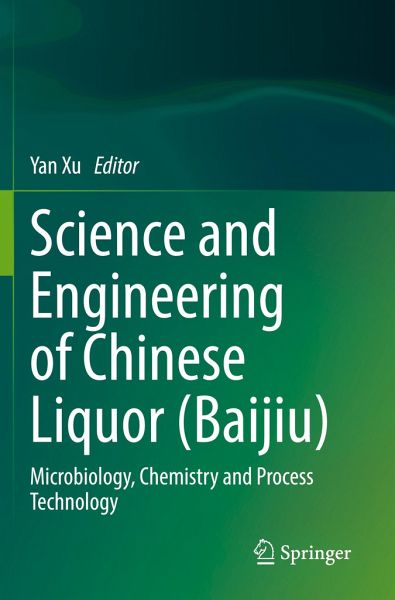
Science and Engineering of Chinese Liquor (Baijiu)
Microbiology, Chemistry and Process Technology
Herausgegeben: Xu, Yan
Versandkostenfrei!
Versandfertig in 6-10 Tagen
113,99 €
inkl. MwSt.

PAYBACK Punkte
57 °P sammeln!
This book provides a cutting-edge scientific overview of Chinese liquor, also known as Baijiu. Chinese liquor is one of the world's most ancient fermented alcoholic beverages. Fermented foods and beverages are consumed worldwide as an indispensable constituent in our daily life. However, most fermented foods rely on traditional techniques with limited known scientific knowledge. These indigenous processes are typically empirical without scientifically-based control and technological insights. The book analyses Chinese liquor processing on the three most important disciplines of fermented foods...
This book provides a cutting-edge scientific overview of Chinese liquor, also known as Baijiu. Chinese liquor is one of the world's most ancient fermented alcoholic beverages. Fermented foods and beverages are consumed worldwide as an indispensable constituent in our daily life. However, most fermented foods rely on traditional techniques with limited known scientific knowledge. These indigenous processes are typically empirical without scientifically-based control and technological insights. The book analyses Chinese liquor processing on the three most important disciplines of fermented foods: process technology/engineering, flavor chemistry, and microbiology. It also addresses the perspectives and future research needs associated with spontaneous fermented foods. This book offers a deep understanding of the science of Chinese liquor production to students, researchers, and related practitioners both in the academic and the industry. It would also benefit many other fields of fermented foods for their optimization, standardization, and modernization.





